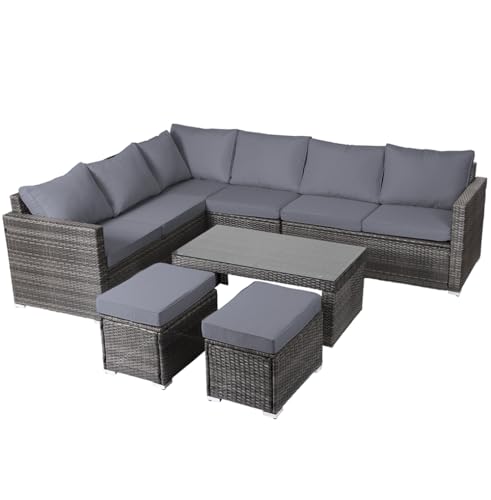Introduction to Chopping Boards: Why We Need Them
Understanding the Importance of Chopping Boards
Every kitchen requires a reliable chopping board, not only to provide a safe workspace for food preparation but also to protect our countertops from damage. Whether you’re slicing vegetables, chopping meat, or preparing bread, a chopping board aids in maintaining hygiene and preventing cross-contamination between different food types. Furthermore, they are designed to be used alongside knives, helping to create a seamless cooking process while ensuring our utensils remain sharp and effective.
Types of Chopping Boards: Which One Suits You?
Exploring Different Options
When we think about chopping boards, we often envision plain wooden slabs. However, there are several different types available, each suited to various tasks and user preferences. For example, plastic chopping boards are often favoured for their lightweight nature and ease of cleaning. They can be safely used in the dishwasher, making them a practical option for busy kitchens. On the other hand, wooden boards, such as those made from bamboo or hardwood, are not only aesthetically appealing but also provide a durable surface that is gentle on knife blades. Glass boards, while easy to clean and non-porous, can dull knives quickly and may cause slips if not handled with care. By considering the types of tasks you perform in the kitchen, you can select the chopping board that best enhances your cooking experience.
Material Matters: Choosing the Right Chopping Board for Your Kitchen
Assessing the Best Materials for Your Needs
The material of a chopping board greatly influences its performance and longevity. Wood is a classic choice due to its durability and natural appearance. Conversely, plastic boards are often more hygienic, especially for meats, as they are non-porous and can withstand high temperatures during cleaning. Bamboo offers a middle ground, being both eco-friendly and hard-wearing. It’s essential to consider these factors based on how often you cook and the types of food you prepare. For everyday tasks, a sturdy plastic board might be best, while someone who enjoys culinary artistry may prefer the elegance of a wooden board.
Care and Maintenance: How to Keep Your Chopping Board in Top Shape
Simple Steps for Longevity
To ensure your chopping board lasts for years, it’s vital to follow a few maintenance tips. For wooden boards, avoid soaking them in water; instead, clean them with a damp cloth and mild soap, then dry immediately. Treating the board with food-safe mineral oil every few months will help maintain its finish and prevent cracking. Plastic boards can be placed in the dishwasher, but be mindful of scratches that may harbour bacteria. Regularly checking your board for any deep cuts or signs of wear is also essential; if it appears damaged, replacing it promptly will keep your kitchen safe and hygienic.
Final Thoughts: Making the Best Choice for Your Cooking Needs
Choosing Wisely for Enhanced Cooking
Selecting the right chopping board is more than just a functional decision; it’s about finding a tool that complements your cooking style and enhances your kitchen experience. By considering the various types and materials available, as well as proper maintenance techniques, we can make informed choices that not only suit our immediate culinary needs but also contribute to a more efficient and enjoyable cooking environment.




























